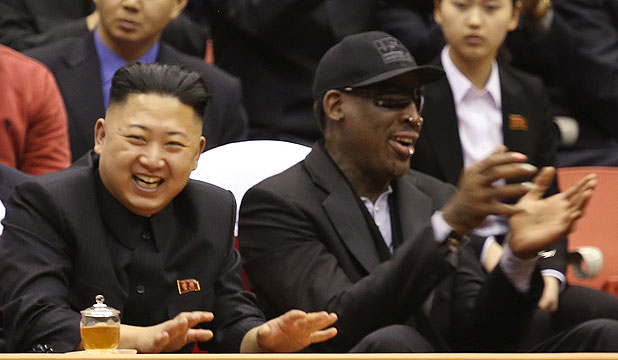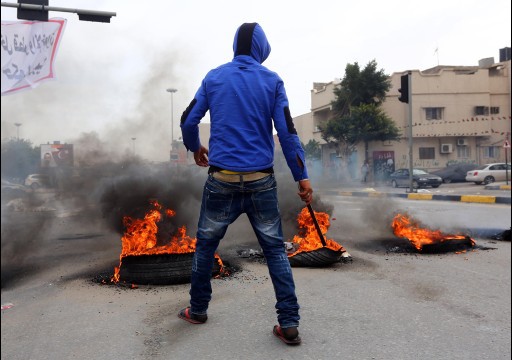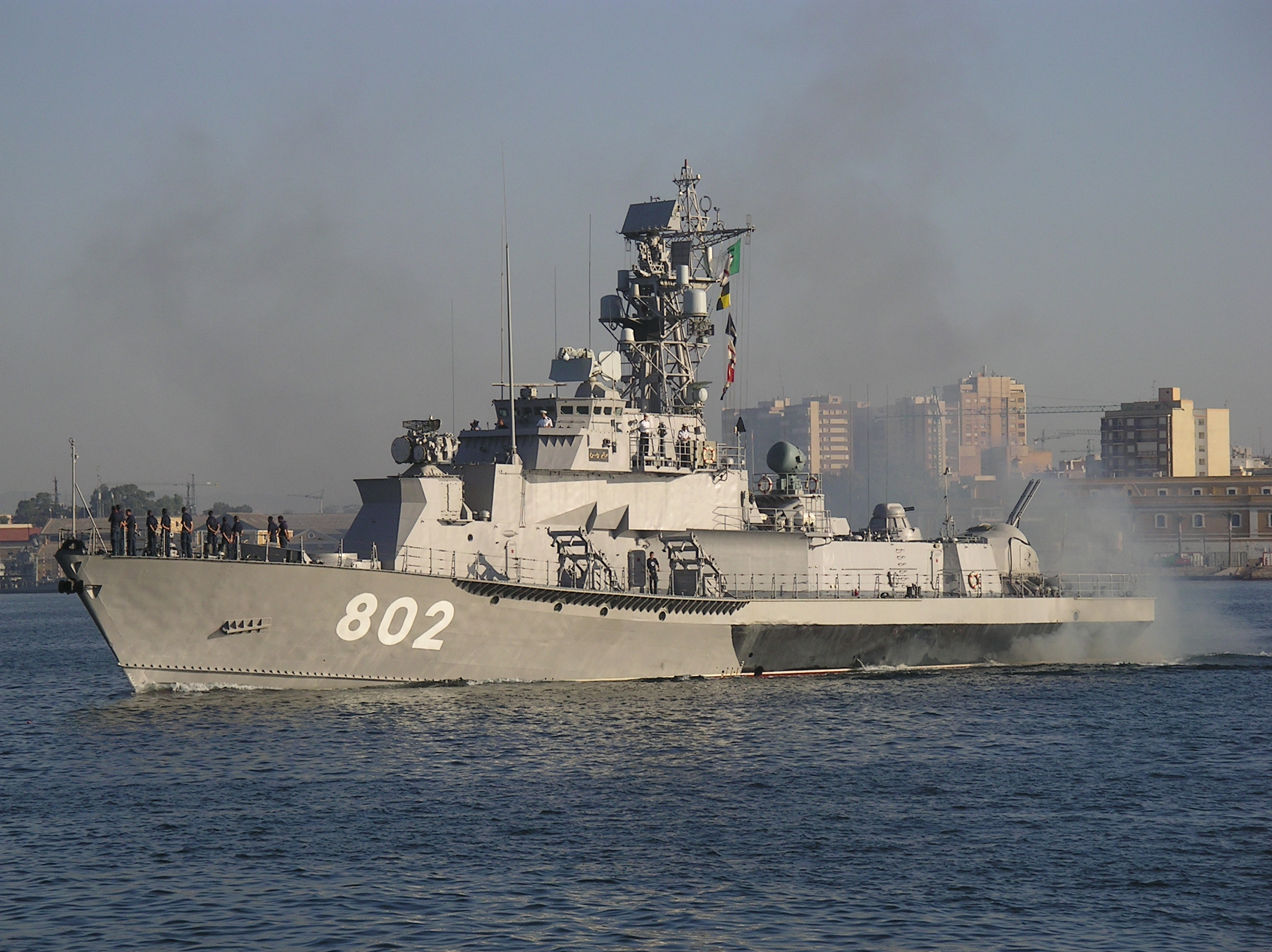With the school year finally coming to an end and graduations underway, many political science students are looking at their career options. The skills taught in the field of political science are quite polyvalent and are often applicable in various professional domains. New graduates might find themselves going into law, education, philanthropy, journalism, business, or even running for office. For those interested in pursuing the discipline of political science, many will resort to enrolling in a doctoral program with the hopes of becoming academics at a university. Unfortunately, this is can sometimes be the result of tunnel vision: While becoming a university professor is a popular ambition, it is one option among many for future practitioners of political science.
What are the possibilities?
Broadly speaking, there are two streams of career options available: the academic, and the institutional. While other possibilities do exist, a large proportion of jobs will fall within these two categories.
Academic professions tend to be more autonomous, defining and managing their own projects, with the intent of publishing and distributing their research to a broader audience. University professors occupy a significant portion of this stream, teaching classes alongside their research. The rest of this cohort is concentrated in policy centres, or ‘think tanks’, much like the NATO Association of Canada. Academics working in think tanks will often hold the title of ‘research fellow’ or ‘analyst’, and will devote the bulk of their time to research.
The institutional stream encompasses individuals conducting research for governments or international institutions (i.e. NATO, the UN, the IMF, etc.). These careers tend to have a more hierarchical structure with research projects set from the top, and usually policy driven. Positions within this stream will hold titles such as officer or director.
What skills and experiences are beneficial to integrating these positions?
Each position is distinct and will have its own set of requirements, but certain competencies will regularly come up across the board.
Education: This will vary significantly within both streams. For university professors, a doctoral degree is a necessity. At think tanks, Masters degrees are generally sufficient to guarantee a mid-level position, although a PhD is occasionally preferable. In the institutional stream, educational requirements vary more, but Masters degrees tend to be advantageous if not imperative. With a Bachelor’s degree, options are more limited beyond entry-level positions, such as internships or assistantships: A graduate degree is almost necessary to get promoted.
Experience: While having a strong academic background is often a given, the quality and range of experiences will usually make or break a candidate. Research experience, whether assisting a scholar, or interning at an institution, will always be beneficial. The number, and quality of publications are usually good indicators for aptitude to conduct research. Scholarly articles published in academic journals are the gold standard for academic purposes, but articles published in any recognized publication will be appreciated, especially for positions outside universities. Field experience will also tend to give a candidate added value, particularly if it directly relates to the position. Other experiences, such as editing or debating, can also distinguish a candidate.
Languages: English has become the lingua franca of scholarship, but knowledge, proficiency, and especially fluency in multiple languages has become a desired quality in hiring Political Scientists. Familiarity with local languages is often a requirement for regional specialists. The United Nations prefers candidates proficient in multiple UN official languages. In the Canadian context, bilingualism is often a highly desired quality as it allows publications to reach a broader audience. More generally, multilingual candidates are preferred as they are capable of accessing a wider range of resources, and gain a larger circulation for their research.
What can I do at university to make myself a more attractive candidate?
During their time at university, political science students will have access to a broad range of opportunities that have the potential to not only set their CV apart, but also allow them to network.
Get Published: All universities in Canada have some sort of student-run newspapers that are open to submissions from the greater student body. They’re a great way for students to acclimate themselves to the publishing process. In addition, many universities have peer-reviewed academic journals that publish scholarly articles written by undergraduates. Some even publish papers written by students from other universities.
Write a Thesis: While theses are not always required and can be time-consuming to complete, they tend to be quite impressive to future employers (particularly in the academic stream). Theses show students’ ability and motivation to work independently, as well as their capacity to write an elaborate scholarly piece.
Develop your relationships with your professors: Your teachers are there to help you, and you will often find that they are more than happy to give you advice, and even share their contacts. Professors are usually well connected to the political science community at large: they work with a network of academics at other universities but also at think tanks, and will sometimes work as consultants with governments and international organizations. A great way to get to know professors is through their supervision of theses.
Many possibilities are available to political science graduates; the option to stay within the field is among them. Going straight into a PhD can be quite a commitment. In case of uncertainty, BA and MA graduates can initially apply to a variety of opportunities, if only to test the waters.




